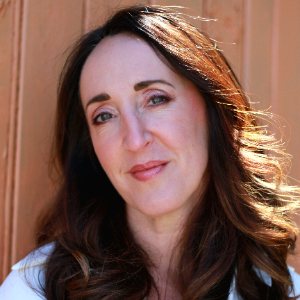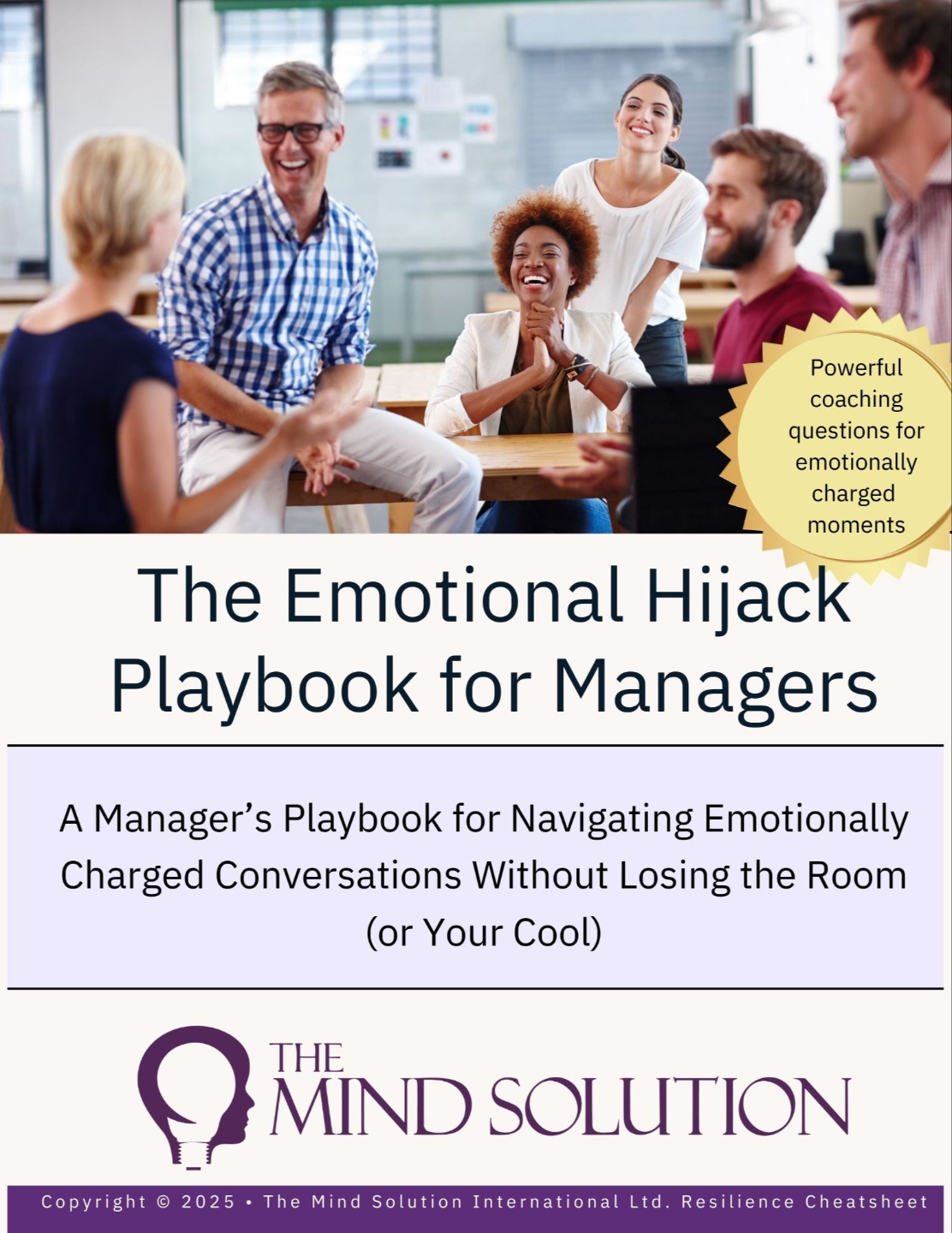The Hidden Toll of Trauma in the Workplace
Aug 20, 2024
The Hidden Trauma of Healthcare: A Call for a New Approach to Mental Health Support
NHS doctors and nurses face staggering trauma and suicide rates. Discover how group trauma therapy can deliver transformative results, without talking.
When Humour Reveals the Unspoken Truth
Over the weekend, I had the chance to see Adam Kay’s show at the Edinburgh Festival. Adam, the author of This is Going to Hurt, shared stories from his time as a doctor in the NHS—stories that were, at times, laugh-out-loud funny. But amidst the humour, Adam revealed some truly sobering statistics that are impossible to ignore.
He pointed out a stark reality: every three weeks, an NHS doctor takes their own life, and every week, a nurse dies by suicide. These are shocking, almost unimaginable numbers, and yet they’ve been quietly swept under the rug in hospitals for far too long, with no real sign of change.
The Emotional Toll No One Talks About
As a therapist with over a decade of experience, I’ve seen firsthand the devastating impact that unprocessed trauma can have. The emotions and meanings that people attach to their daily experiences can lead to tragic outcomes, including suicide.
It’s well-known, though often overlooked, that the medical profession has the highest rates of alcoholism. The lack of training and support on how to manage and regulate emotions, process trauma, and cope with the immense pressures of the job drives many healthcare professionals to alcohol as a form of escape.
We must never underestimate the emotional toll of being the bearer of life-altering news, whether it’s telling a parent their newborn might not survive or helping a woman navigate the heartbreak of a stillbirth.
I recall working with an incredible anaesthetist who came to me for help with sleep issues caused by the gruelling 12-hour shifts in intensive care. One morning, she came directly from a night shift and mentioned, almost casually, “We only lost two people last night.” Unfortunately, this is far from uncommon.
Why Traditional Support Falls Short
Even as a therapist, I am acutely aware of the emotional impact that comes with helping clients process trauma, emotion, grief, and loss. We’re human, not robots. Yet, many of the support services available today still rely heavily on talking therapies like counselling and CBT.
Without a deep understanding of how trauma affects the mind and body, simply talking about highly charged incidents can re-traumatise individuals.
This is why I’m so passionate about offering more effective, cutting-edge support.
Real Healing, Real Results
After conducting over 10,000 one-to-one sessions, primarily trauma-related, I’ve seen the transformative power of modalities like Hypnotherapy, EFT tapping, and The MAP Method. These approaches go beyond the surface, working at a physiological, energetic, and unconscious level to create true healing.
And often, profound change can happen in just a few sessions.
It’s astonishing to me that while the NHS has made remarkable strides in medical treatment, we remain so far behind in addressing mental health. It might sound unusual, but I love working with trauma.
Over the years, I’ve helped hundreds of people who’ve experienced everything from sexual abuse to the trauma of death, kidnapping, and being held at gunpoint. What drives me is knowing that in just a couple of sessions, I can help someone turn their life around.
Using these modalities, I can free them from the weight they’ve been carrying—often for years—and that, to me, is life-changing.
It’s the Emotions, Not Just the Event
When it comes to trauma, it’s not just the incident itself that causes harm. Many of us can experience something traumatic without being permanently traumatised by it. It’s the emotions like grief, shame, and humiliation that carry the greatest burden, along with the thoughts and beliefs that are generated as a result.
When we can neutralise those emotions and shift those thought patterns, we create a complete change in perspective, allowing people to move forward in their lives.
Why Group Trauma Sessions Are a Game-Changer
I strongly believe that long, drawn-out counselling sessions often miss the mark. While budget constraints are always a factor in public sector organisations, this only underscores the need for investing in better strategies to support these incredible professionals who do such vital work every single day.
I’ve held many group sessions that combine hypnotherapy with energy healing. In these sessions, people don’t need to talk. They don’t even need to have their cameras on or describe the incidents they’ve been through. They can simply relax and let the power of the mind do the heavy lifting.
I’ve run these group sessions where participants start with trauma and emotional distress at a 10 out of 10, and within an hour, they’re down to a 0. If that isn’t groundbreaking, I don’t know what is.
Ready to Make a Real Difference?
If you’re reading this and you’re looking for a different approach—one that can genuinely save lives, not just reduce absenteeism or improve retention—then I urge you to get in touch.
Let’s talk about our Treating Trauma The Easy Way sessions and how we can make a real impact on the lives of your people.
The Emotional Hijack Playbook For Managers
A Manager’s Free Resource for Navigating Emotionally Charged Conversations Without Losing the Room (or Your Cool).
Perfect to use in your next one-to-one.







